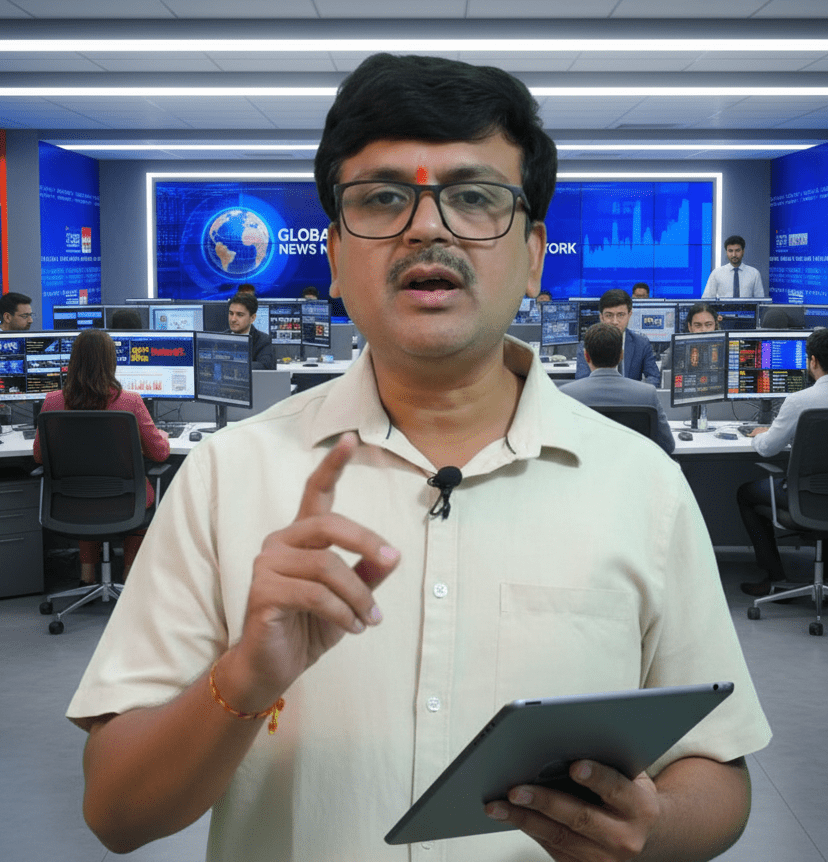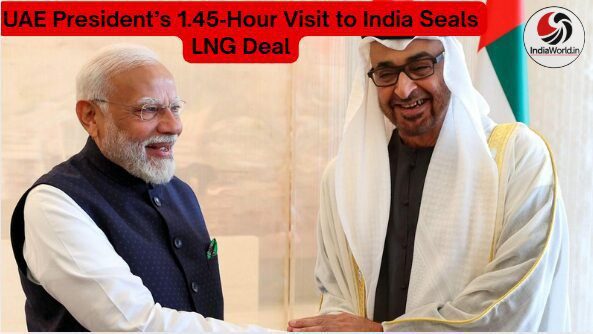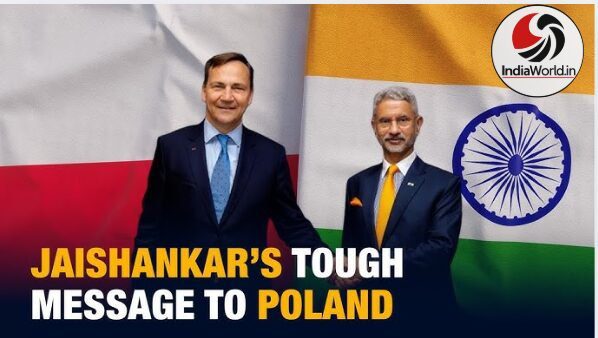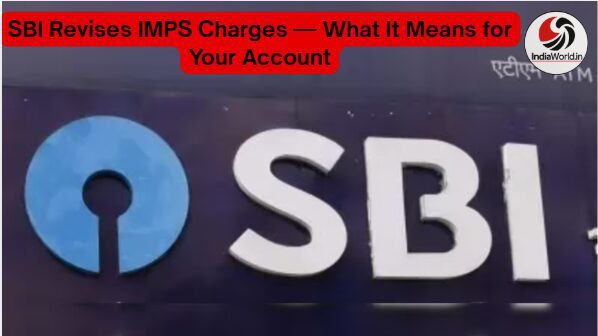SCO Summit in Tianjin: A Strategic Gathering of Asian Powers
In the northern port city of Tianjin, the SCO summit hosted by China brought together key leaders including Indian Prime Minister Narendra Modi, Russian President Vladimir Putin, and Chinese President Xi Jinping. The high-profile event underscored the shifting dynamics of a multipolar world, with discussions centered on regional security, economic cooperation, and counterterrorism.
SCO Summit Highlights Unity Against Western Pressure
Founded in 2001 by China and Russia, the Shanghai Cooperation Organisation now includes nine full members: China, India, Iran, Kazakhstan, Kyrgyzstan, Pakistan, Russia, Tajikistan, and Uzbekistan. This year’s SCO summit emphasized unity and resilience against external influences, with Turkish President Recep Tayyip Erdoğan also in attendance.
Xi Jinping’s opening speech called for member nations to “unite against hegemonic forces” and introduced a talent exchange program to deepen regional ties. He urged India and China—the “dragon and elephant”—to “dance together,” hinting at a possible thaw in strained relations.
Modi’s Message at SCO Summit: Multilateralism and Peace
Prime Minister Modi addressed the plenary session, reaffirming India’s commitment to multilateralism and peaceful conflict resolution. On the sidelines of the SCO summit, he held a bilateral meeting with Putin to discuss energy, defense, and the Ukraine conflict.
Xi also met separately with both Modi and Putin. The India-China dialogue focused on border de-escalation and economic collaboration. A joint statement declared both nations as “partners, not rivals,” marking a diplomatic breakthrough following the 2020 Galwan Valley clash.
Trilateral Dynamics at SCO Summit: Modi, Putin, Xi in Focus
While no formal three-way meeting was announced, the trilateral presence of Modi, Putin, and Xi at the SCO summit drew global attention. Analysts noted the timing of the summit amid rising geopolitical tensions and the SCO’s growing role as a counterweight to U.S.-led alliances like NATO and the Quad.
Xi’s hosting of the event was seen as a strategic move to rally support against the “U.S.-led order,” with discussions touching on trade wars, tech restrictions, and Eurasian security.
Trump’s Return Casts a Shadow Over SCO Summit
The SCO summit unfolded under the shadow of U.S. politics, particularly the return of President Donald Trump in the 2024 election. His hawkish stance on China and Russia, along with sanctions and trade confrontations, made the Modi-Putin-Xi alignment a potential irritant.
Trump’s “America First” approach could interpret India’s participation as a diplomatic snub. Summit discussions subtly referenced U.S. domestic turmoil as a chance for SCO nations to chart independent paths. Analysts warn that Trump may retaliate with tariffs or pressure on India’s Russian oil imports.
SCO Summit Signals a Resilient Bloc in Global Realignment
As the SCO summit concluded, the interactions between Modi, Putin, and Xi reflected a resilient bloc navigating a fractured global landscape. While concrete outcomes remain pending, the summit reaffirmed the SCO’s growing influence in shaping international relations—challenging Western dominance and offering a new vision for regional cooperation.
Read also : US Shutdown Looms as Trump, Democrats Clash
for summit details :








